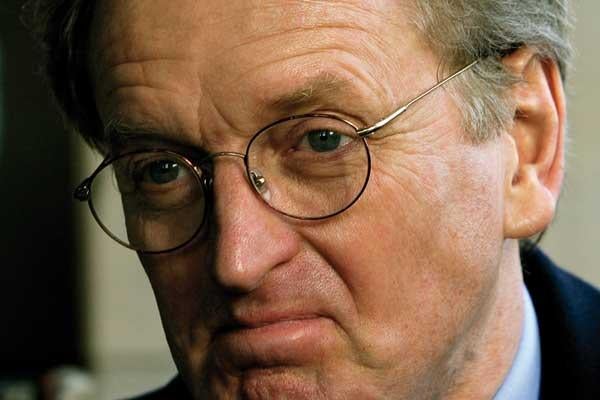
The Press Complaints Commission has said it has noticed a decline in the standard of online journalism and is watching carefully to see what effect cutbacks are having on accuracy.
But outgoing PCC chairman Sir Christopher Meyer, who steps down later this month, said a record number of complaints last year was evidence that self-regulation is working and not a sign of an overall decline in quality.
Unveiling the PCC annual report, Meyer warned that sacrificing editorial standards in the pursuit of profit was like “selling the family jewellery”.
In response to a question about the effects of editorial cutbacks on journalism standards, Meyer said: “If we do notice something which appears to be linked to some of the hollowing-out that’s going on in the industry, I’m sure we would say something.
“It’s part of our remit to keep standards high. We’ve noticed some wobble in standards in areas of online reporting where it’s clear the pressure of time and the 24-hour news cycle may have lead people to put up stories which haven’t been thoroughly vetted.”
He later added: “Newspaper groups are businesses and have got to find a business model which reconciles high standards with profitability.”
The role of the sub-editor in an online age has been the subject of ongoing debate in recent months after Press Gazette reported comments made by Roy Greenslade at a publishing industry conference last month.
A number of newspaper groups have changed how they process copy online. Last October it emerged that Telegraph Media Group had begun experimenting with “post-moderation” of online news stories, effectively allowing reporters to write directly to the website.
Meyer said he believed the overall standard of British journalism had improved since the mid-Nineties, when he was press secretary to then prime minister John Major.
In its annual report, the PCC said more than half of the 4,700 complaints it received were about online stories – outnumbering print complaints for the second year running.
Meyer said the eight per cent year-on-year increase in complaints showed the public had confidence in the self-regulatory system administered by the PCC.
“We have morphed from being purely a complaints service to be a citizens’ advice bureau on the media,” he said.
He said that when he joined the PCC six years ago the system of self-regulation faced “an existential threat”.
“If you go through the House of Commons and the House of Lords you will find quite a few people who are hostile to self-regulation and hostile to the PCC. That’s never going to go away,” he said.
But he added: “It’s pretty clear that the centre of gravity lies with self-regulation.
“We come back to the old paraphrase of Winston Churchill who said that democracy was the worst system of government until he compared it to all the others.
“You will find a lot of people who say self-regulation has its difficulties, its jagged edges. But compared with any other system of regulation it’s the best.”
The most complained-about article in 2008 was a comment piece in The Times by Matthew Parris in which he suggested that cyclists should be decapitated. It attracted 584 complaints. The PCC found that there had been no breach of the editors’ code of practice.
The Daily Mail’s coverage of the Jonathan Ross and Russell Brand controversy attracted 92 complaints, closely followed by the coverage of the Mumbai attacks in the Independent, Telegraph, Star, Sun, Times and Express, which prompted 90 readers to write to the PCC.
Email pged@pressgazette.co.uk to point out mistakes, provide story tips or send in a letter for publication on our "Letters Page" blog
